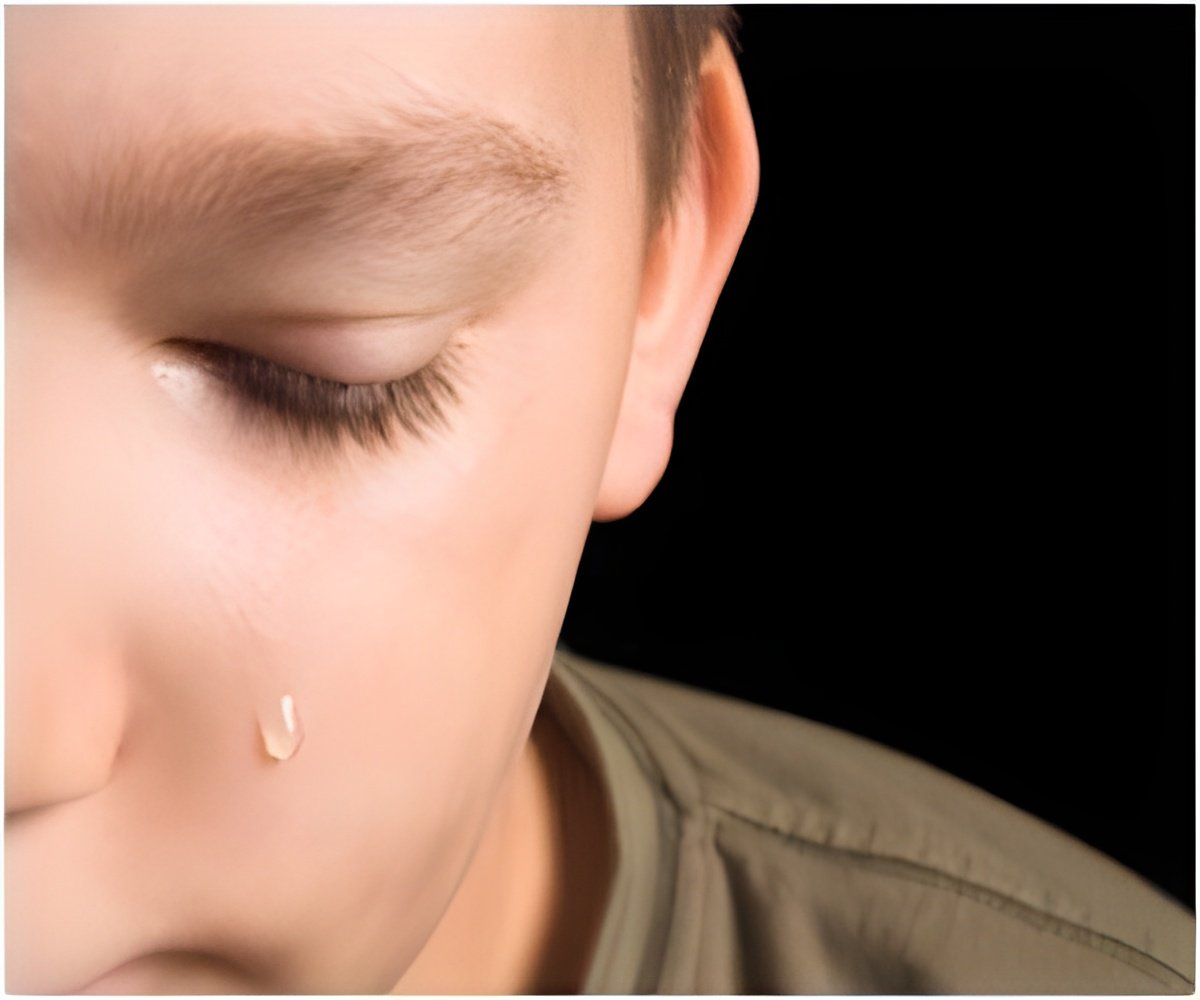
"Active smokers as adolescents are twice as likely to die by the age of 55 than nonsmokers, and we see similar risks with obesity, so finding this link between childhood depression and these risk factors suggests that we need to very closely monitor young people who have been depressed."
The researchers studied children who had participated in a 2004 study of the genetics of depression. At the time, their average age was 9. The investigators surveyed 201 children with a history of clinical depression, along with 195 of their siblings who never had been depressed. They also gathered information from 161 unrelated age- and gender-matched children with no history of depression.
In 2011, when the study participants had reached the age of 16, the researchers surveyed them again, looking at rates of smoking, obesity and physical activity in all three groups of adolescents.
"Of the kids who were depressed at age 9, 22 percent were obese at age 16," Carney says. "Only 17 percent of their siblings were obese, and the obesity rate was 11 percent in the unrelated children who never had been depressed."
Carney and his colleagues found similar patterns when they looked at smoking and physical activity.
Advertisement
In terms of physical activity, the teens who had been depressed were the most sedentary. Their siblings were a bit more active, and members of the control group were the most active.
Advertisement
"The siblings of depressed children were five times more likely to smoke than members of the study's control group, so depression wasn't the only risk factor for smoking," he explains. "But the depressed children in the study were another 21/2 times more likely to smoke than their nondepressed siblings."
And the heart disease risk factors were more common in formerly depressed children whether or not they still were clinically depressed at the time of the second survey.
The study was recently presented at the annual meeting of the American Psychosomatic Society in Miami, Fla.
Source-ANI














